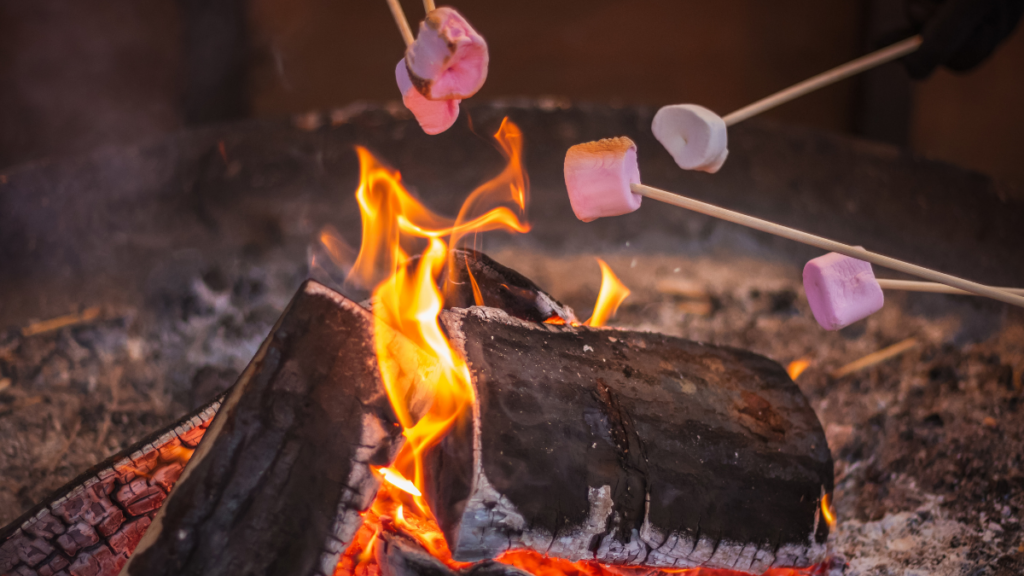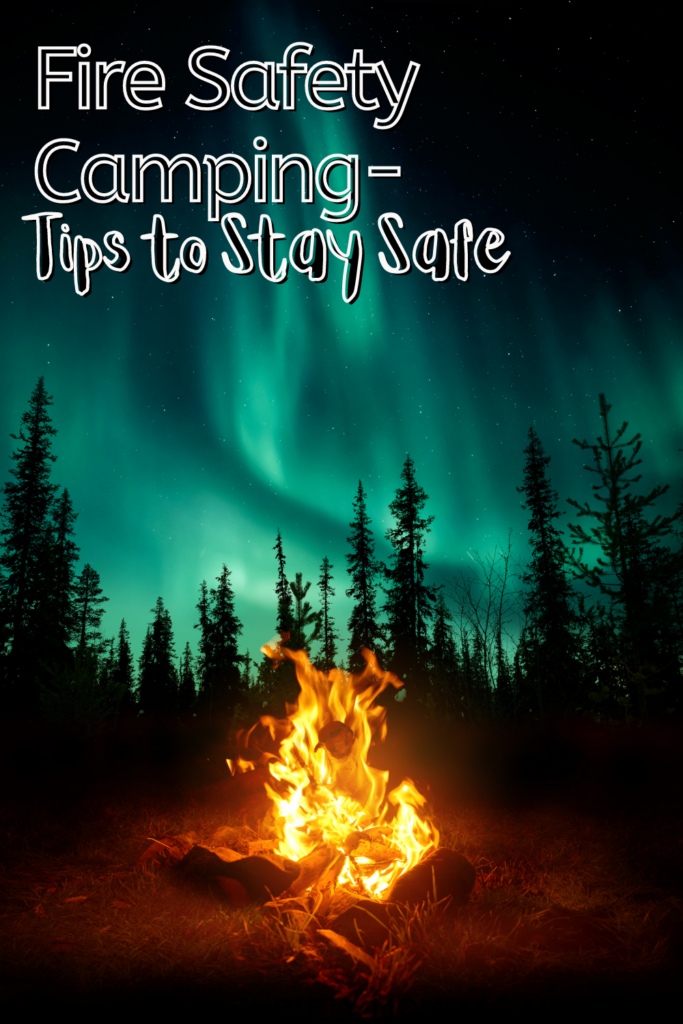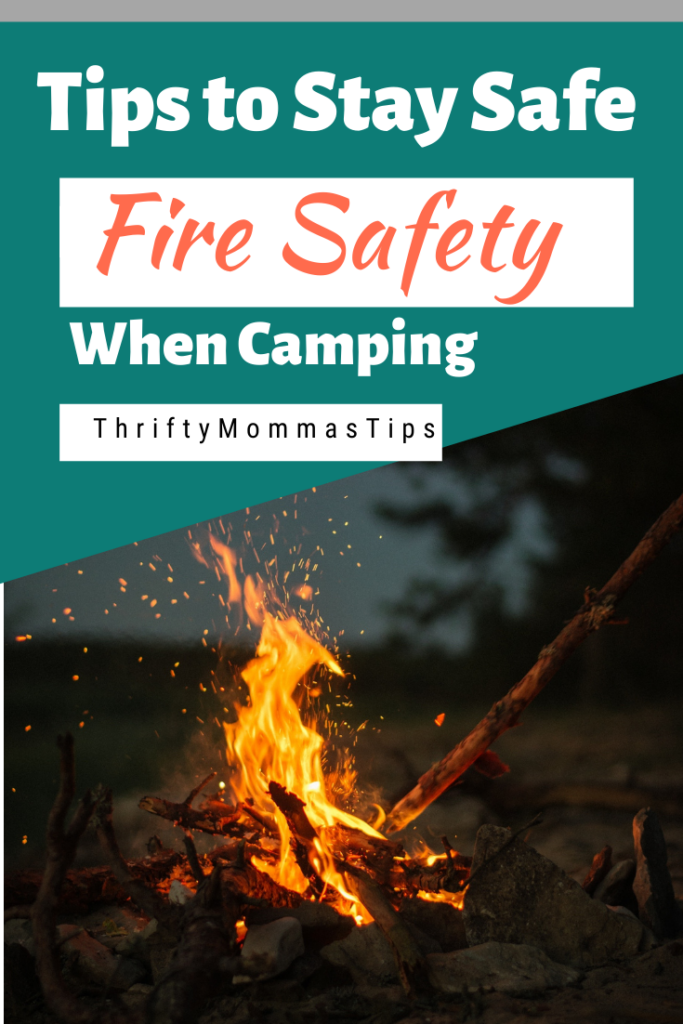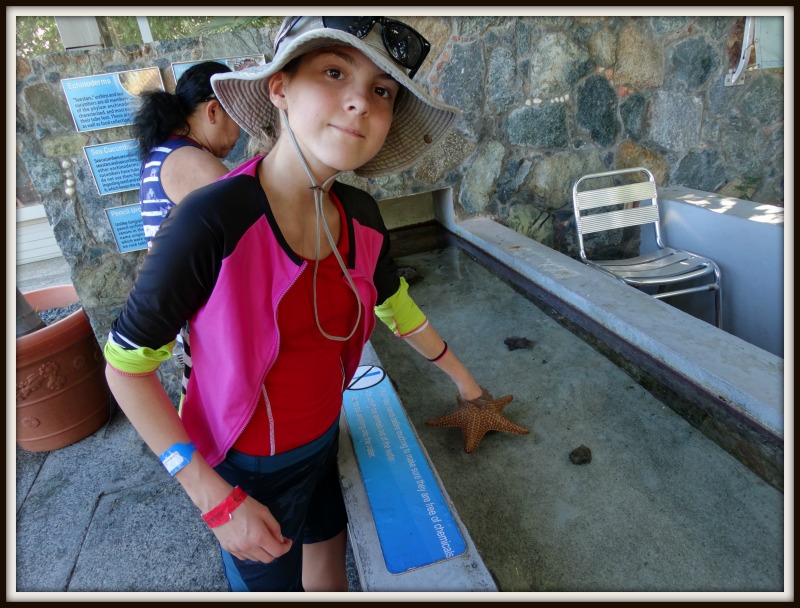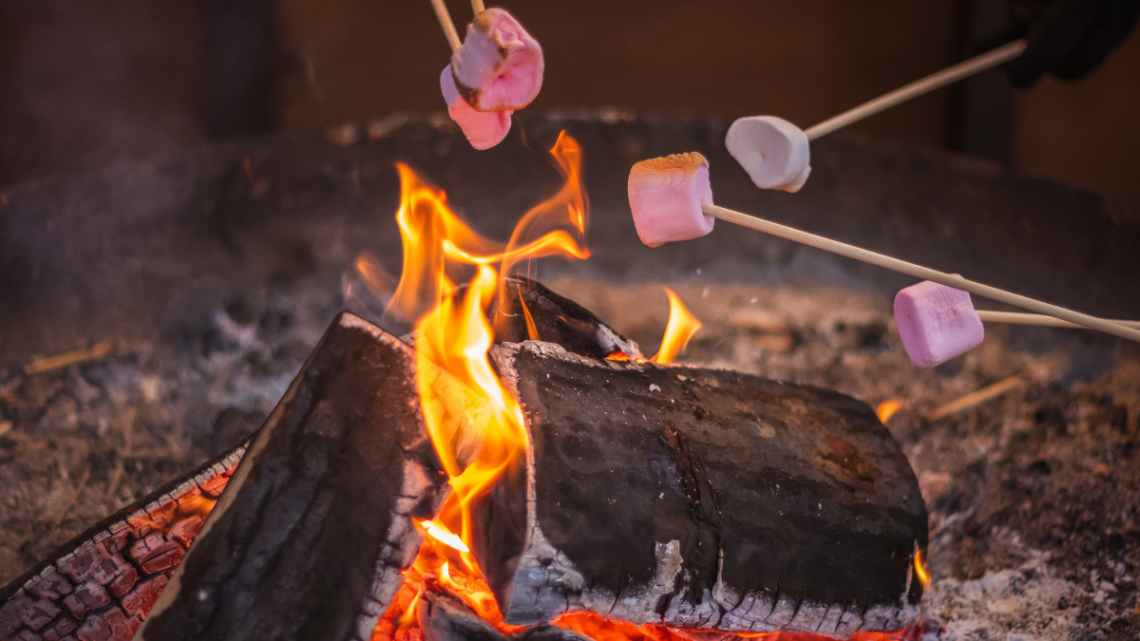
Fire Safety When Camping – Tips to Stay Safe
Fire safety when camping is a tremendously serious topic. If you aren’t going to camp safely and respectfully then you probably shouldn’t be camping.
One of our favourite things about camping is the campfire. Cooking over an open fire is relaxing in a weird way. But cooking with fire means that you also need to know how to stay safe.
Table of Contents
Safety First
Camping can be a totally wonderful way to get out and away for a few days. However, a great outing can quickly turn tragic if you don’t take proper fire safety precautions. Fire safety when camping is something that needs to be discussed and practiced continually out in camp, to the point that it becomes second nature.
Fire Safety Tools
People should never go out camping without a shovel, axe and bucket. If a fire starts to get out of control or burn where it isn’t supposed to, these tools are vital to contain or put out the fire.
It is much easier to take care of a fire while it is still small than to wait until it is a major problem. This is so important that the US Forest Service usually requires that campers have these three tools in or on their vehicle when even traveling on land they govern.
Making a Campfire
Campers should never build a fire outside of a fire ring or fire pit. Fire rings and pits are enclosed and safe and the only spot where a campfire can be made and contained. The rocks in a fire ring or a fire pit act as a barrier to prevent the fire from easily escaping. A fire pit is typically dug down into the dirt, which equals more protection.
Rub Two Sticks Together…
Okay generally speaking starting a fire is a bit less time consuming than rubbing two sticks together and hoping for the best.
A lot of people, especially beginners, may be tempted to start a fire using gasoline or other flammable fluids. Don’t take chances with risky shortcuts. Take the precaution of starting it properly and the old fashioned way. Using gasoline can result in an explosion that can harm anyone who is nearby, and it can blow flaming debris out, starting many small fires. This is not a good or smart way to handle a fire and can result in issues with fire safety when camping.
Location Location Location
Make sure that the fire isn’t built beneath tree branches or near dry grass. Doing so can easily allow the fire an avenue to escape containment. Once the fire is out of control, it can spread quite easily and fast.
Wood and Camping Equipment
Never put the tent, firewood or other combustibles close to the campfire. One stray ember could start a wildfire and that might be all it takes. It is completely unsafe and can ruin a relaxing camping trip while also putting others in danger.
Regulations and Warnings
Always be aware of any fire-related regulations or warnings. Take note of them before you start any fire. Additionally, prior to going out camping, check the fire hazard level, and know what it means. If the level is high or extreme, restrictions will normally be in place. In some instances, fires might be limited due to safety, so pay attention to the rules when camping and follow them.
Off-Road Fun
Motorcycles and ATVs may be a lot of fun, however the engine and muffler gets hot through use and can spark a fire. When the area begins to dry out, stick to dirt, gravel or paved roads. Avoid riding them on trails or through the underbrush. The same applies to chainsaw usage. If a chainsaw is used, be sure to stay in the area for a half hour or more, to make sure there are no signs of smoke.
Contact Information
Always have contact information with you so you know who to call in an emergency. The earlier a fire is reported, the faster it’s sometimes controlled. Don’t assume that some other person must have already reported it, either. Most fire agencies would much prefer to have many people calling in to report a blaze than to have nobody reporting.
None of these fire safety precautions are difficult and most are common sense. The alternative can be painful, expensive or deadly. It is so much nicer to go out camping and simply enjoy the trip than to wish you had followed the fire precautions.


